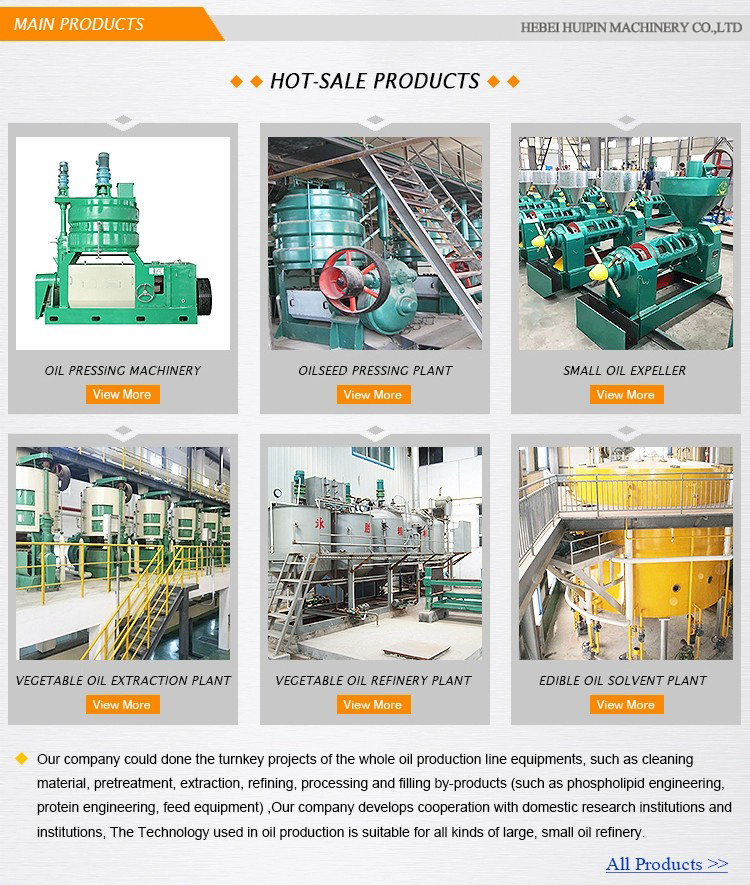តុលា . 11, 2024 01:17 Back to list
vertical leaf filter quotes
Understanding Vertical Leaf Filter Quotes A Comprehensive Overview
Vertical leaf filters are vital equipment in various industrial operations, particularly in the processing of minerals, chemicals, and wastewater. These filters play a crucial role in separating liquids from solids, and understanding the intricacies of their operation, as well as the factors influencing their cost, is essential for businesses looking to invest in filtration technology. In this article, we’ll explore the importance of vertical leaf filters, the factors involved in their pricing, and what potential buyers should consider when looking for quotes.
The Functionality of Vertical Leaf Filters
Vertical leaf filters operate on a simple yet effective principle. They consist of a series of vertical plates or leaves that are arranged closely together, allowing for a large surface area relative to their footprint. The feed slurry is introduced into the filter, and as it passes over the surface of the leaves, the solid particles are trapped, forming a cake while the clarified liquid is collected underneath.
One of the most significant advantages of vertical leaf filters is their efficiency in thickening the slurry, producing a higher concentration of solids. They are particularly suited for applications where solid-liquid separation is necessary, such as in the sugar industry, mining, and chemical processing. Moreover, their design allows for easy cake release and cleaning, making them both practical and cost-effective in the long run.
Factors Influencing Vertical Leaf Filter Prices
When looking for vertical leaf filter quotes, several factors come into play
1. Size and Capacity The size of the filter is one of the primary determinants of cost. Larger filters with higher capacity naturally come at a higher price point. Businesses must accurately assess their needs to avoid overspending on equipment that exceeds their requirements.
2. Material and Construction The materials used in the construction of the filter, such as stainless steel, can significantly impact the cost. Filters designed to handle corrosive materials must utilize high-quality alloys, thus increasing the overall expense.
3. Technology and Features Advanced technology and additional features can also contribute to the pricing. Filters that include automation, better control systems, and energy-efficient designs may have higher initial costs but could save money on operations in the long run.
vertical leaf filter quotes

4. Manufacturer Reputation The manufacturer's brand and reputation in the industry can influence the quoted price. Well-established companies with a history of reliability and performance may charge a premium, but they often provide extensive customer support and warranty services, making them a worthwhile investment.
5. Customization Custom-designed vertical leaf filters that cater to specific operational needs may incur additional costs. Customization can enhance performance and efficiency but may not be necessary for all applications.
Obtaining Accurate Quotes
When seeking quotes, it’s essential for potential buyers to gather information from multiple suppliers. This not only helps in determining a fair market price but also allows for comparison of features, warranties, and customer service. Here are some tips for obtaining accurate quotes
- Define Your Requirements Before reaching out for quotes, clearly define your operational needs, including the type of material being processed, the desired throughput, and any specific features wanted in the filter.
- Request Detailed Specifications Ask suppliers for detailed specifications along with their quotes. This will help you understand what is included in the price and how different models might meet your needs.
- Consider Total Cost of Ownership Look beyond the initial purchase price and consider maintenance, operational efficiency, and potential downtime costs associated with the equipment.
- Verify References and Reviews Research suppliers by checking customer reviews and references to ensure reliability and product performance.
Conclusion
Vertical leaf filters are indispensable in numerous industrial applications, offering effective solid-liquid separation solutions. When looking to invest in this equipment, understanding the factors that contribute to the pricing is essential for making informed decisions. By accurately defining requirements and seeking multiple quotes, businesses can find the most suitable vertical leaf filter that not only meets their operational needs but also aligns with their budget. With careful consideration, companies can enhance their processing efficiency while optimizing their investment in filtration technology.
-
High-Efficiency Peanut Oil Refined Machine for Quality Oil Production Leading Exporters & Companies
NewsJul.08,2025
-
High Efficiency Sunflower Seed Oil Press – Leading Cooking Oil Press Machine Factories & Suppliers
NewsJul.08,2025
-
High-Efficiency Soybean Oil Press Machine – Leading Exporters & Reliable Companies
NewsJul.07,2025
-
High-Efficiency Seed to Oil Extractor – Reliable Extraction Machinery for Your Business
NewsJul.07,2025
-
High-Quality Pressing Screw of Oil Expeller for Efficient Oil Extraction Leading Exporters & Manufacturers
NewsJul.06,2025
-
High-Efficiency Essential Oil Extraction Machine Trusted Exporters & Companies
NewsJul.06,2025
